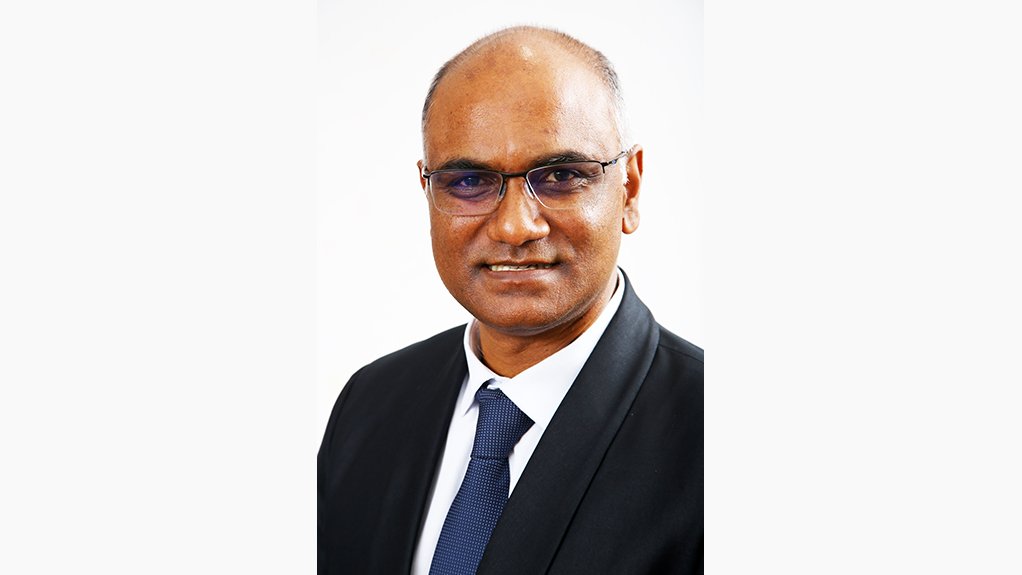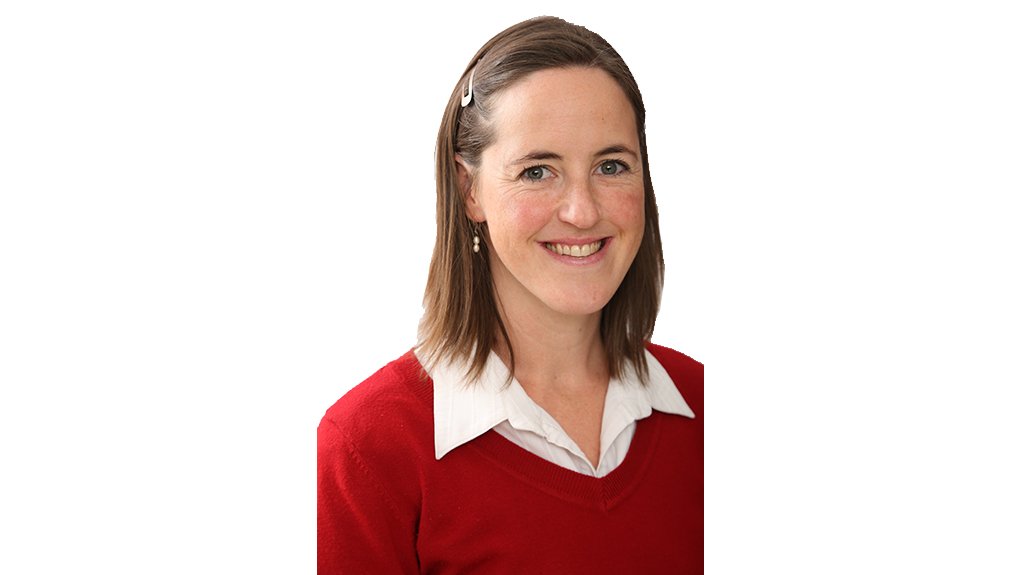
+27 11 441 1111
SRK House, 265 Oxford Road, Illovo, 2196, South Africa

Engineering benefits women




VIS REDDY We see considerable gender equality in mining in the public-sector departments and agencies, while there is also steady improvement in private-sector mining companies
LINDSAY LINZER Young women entering into an engineering career can often feel under-confident, given that the industry is still rather male-dominated
LINDA SPIES SRK has an in-house industrial psychologist, through whom our Geotechnical Engineering and Engineering Geology department has organised an internal workshop for women empowerment
The local working environment has changed to allow women to benefit from opportunities in engineering-related industries, says consulting engineers SRK Consulting MD Vis Reddy.
This has set in motion an important snowball effect, where these opportunities become more attractive to women as they see greater numbers of women in those jobs as role models.
He adds that these opportunities are not only in supporting roles such as accounting and administration, and there will be more opportunities because of increasing pressure from government and best-practice frameworks to make workplaces more inclusive.
Reddy highlights the local consulting engineering and mining sectors as having achieved a high level of gender equality, with the former having a growing number of senior positions held by women.
“Within the mining industry, we see considerable gender equality in the public-sector departments and agencies, while there is also steady improvement in private-sector mining companies.”
SRK Consulting principal environmental scientist Avril Owens says the mining sector has improved in terms of the opportunities afforded to women, citing her involvement in meetings, comprising entirely of women, where important decisions on mining projects had to be made.
“This shows that there has been a fundamental mindshift towards the acceptance of women in senior engineering and scientific roles,” she enthuses.
Equality in SRK
Transforming SRK’s workplace and improving gender equality has been ongoing at the company for many years.
This transformation has focused on attracting and retaining highly skilled and experienced women to the business, with Reddy noting a growing proportion of women in SRK leadership positions.
“Almost 20% of SRK’s partners are now women, and this trend is progressing more rapidly, with most of our associate partners now being women. There are two women on the SRK South Africa board, and two out of eight of our production units are led by women, while four of our seven support departments are headed by women.”
SRK principal geotechnical engineer Linda Spies is receiving mentoring through the International Women in Mining Mentorship Programme that SRK participates in and sponsors; she says it is a valuable intervention to encourage women’s advancement in the sector.
“SRK has, for many years, benefited from knowledge-sharing among our more experienced staff and our younger professionals, including women scientists and engineers. This mentoring approach has become more formalised over time,” explains Reddy.
Spies points out that SRK also has a contracted industrial psychologist, through whom the SRK Environmental and Geotechnical Engineering business unit has organised an in-house workshop for the empowerment of women.
Owens emphasises that one of the most valuable aspects of SRK’s approach in supporting women is flexible working hours.
There is a focus on performance, with operation teams in SRK agreeing on certain core hours during which team members are physically present at the workspace.
“We can then exercise flexibility to allow staff to balance their professional responsibilities with children and family, for example. As a woman, I have found this to be an important contribution to help balance the demands of work and home life.”
Flexible Lifestyles
SRK rock mechanics engineer Yerisha Rajpal states that while it is difficult for continuous, 24-hour industrial or mining operations to allow for flexible working, failure in that respect is an element that often contributes to women leaving these industries when starting a family.
Spies adds that, for her, starting a family presented work-related challenges, such as the view that she should not conduct site visits during her pregnancy.
“This may have been based on a level of over-protectionism, but as a woman, I was excluded from the decision-making. There were also certain business practices, such as arranging meetings after hours without considering parents with children.”
Further, Rajpal emphasises the value of exposure to the daily demands of mining and other industrial sectors for young women considering such careers.
Spies states that SRK is in a fortunate position to offer flexibility in terms of working hours. While there are often pressing deadlines, there is not the same fixed hours required of a core construction or mining operation.
“Consulting is perhaps a more amenable engineering environment for women than being on the ‘front line’ of production,” she adds.
Spies states that research by European organisation the Institute of Leadership & Management (ILM) confirms that significantly fewer women than men advance to become senior managers, despite equivalent numbers and qualifications.
ILM lists coaching and mentoring among a range of interventions that can help break down barriers to women’s advancement; it also calls for a fundamental reassessment of work and the workplace.
SRK’s principal geophysicist and corporate consultant Lindsay Linzer states that when she joined the mining industry in 1997, prospective employers were surprised at her interest in mining.
Women in South Africa were not allowed in underground mines until 1996, with facilities, such as changing rooms and toilets for women, only implemented a few years thereafter.
“Young women entering into an engineering career can often feel under-confident, given that the industry is still rather male-dominated. Companies, such as SRK, have shown than it is possible to provide a nurturing and supportive environment for all, with values based on equality and respect for your expertise and con- tribution,” Linzer concludes.




